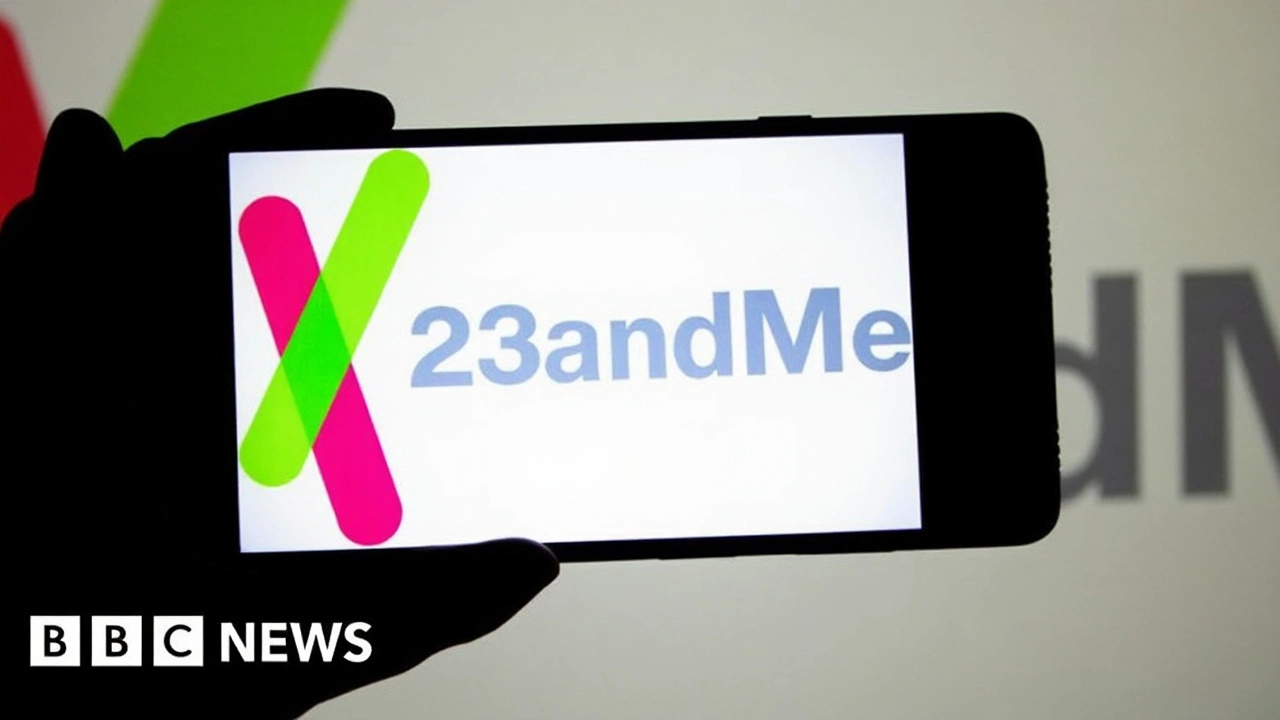23andMe’s Costly Security Failure Hits Millions Worldwide
Back in the spring and summer of 2023, genetic testing company 23andMe faced a cyber incident that rocked public trust and exposed millions to privacy risks. Hackers took advantage of users who recycled passwords from previous breaches—a tactic called credential stuffing. By plugging these old credentials into the 23andMe login page, they slipped through the cracks and infiltrated accounts, grabbing hold of personal data on an astonishing scale.
The UK’s Information Commissioner’s Office (ICO) hammered down with a £2.31 million fine after its investigation uncovered that 155,592 UK residents were among 6.9 million people worldwide whose information became fair game for cybercriminals. Personal details like names, birth years, where people live, ethnicity, family connections, profile photos, and health reports spilled out, leaving users exposed and unnerved. While the actual genetic DNA data stayed safe, the rest of this private info was more than enough to set alarms ringing for privacy advocates.
What stings most is how the attack managed to go so far. Investigators from the UK and Canada’s privacy offices found that 23andMe’s security standards were, frankly, lacking. At the time, logging in and unlocking the goldmine of ancestry, heritage, and health details was as easy as typing a password. There was no multi-factor authentication (MFA)—a simple but powerful way most online services now use to check that you really are who you say you are. Plus, verification for downloading raw genetic data was weak. All told, 23andMe left the door wide open for cyber intruders, a mistake that regulators said broke the UK’s strict data protection laws.

Regulatory Pressure Forces Cybersecurity Overhaul
The breach itself unfolded quietly at first. Only a handful of accounts were compromised in the beginning, but then attackers tapped into the company’s DNA Relatives feature. This tool is supposed to help users piece together family trees and connect with genetic matches. Instead, hackers used it to scrape data from scores of other users, rapidly multiplying the number of affected accounts. As details of the breach emerged, pressure mounted on the company to explain how it had let such sensitive health data slip from its grasp.
Regulators didn’t mince words about the impact. The ICO called the loss of information “profoundly damaging,” pointing out that data like family health history, ethnic backgrounds, and personal identities could not be any more private—or valuable to bad actors. The watchdog’s fine was actually pared down from a higher amount, but it still packed a clear message: companies holding biometric and health data must invest in the strongest possible cybersecurity. No shortcuts.
Since the breach, 23andMe has scrambled to plug the holes, implementing mandatory MFA for all accounts and beefing up verification protocols for sensitive info. But the damage had already been done. All this unfolded as the company found itself squeezed financially, filing for bankruptcy and now facing a court hearing in the US to figure out its future ownership and structure.
The fine and regulatory fallout mark a turning point for companies handling personal genetics and health data. When users hand over their most intimate details, they expect more than just a simple password protecting their identity. Now, with government watchdogs watching even more closely, the pressure’s on for the whole industry to step up security—or face the consequences.
